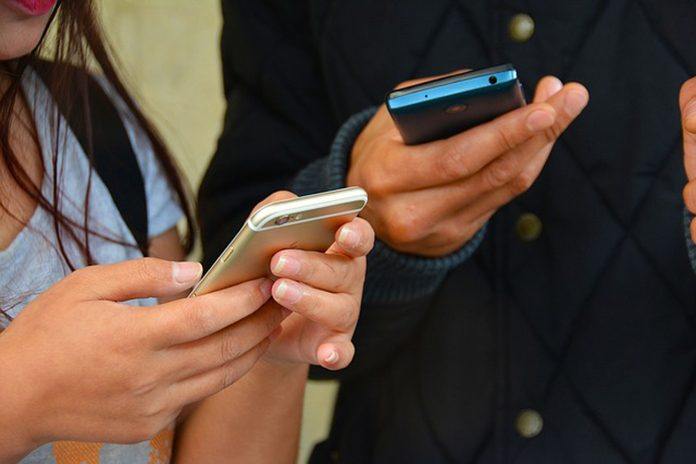Smartphones and other mobile devices nowadays become widespread. It provides many facilities to make life easy. When it comes to connecting with others. Instead of using only one way to send messages, teens are using lots of different apps to share a secret here, stalk a crush there, or post a selfie anywhere. According to analysis, there are almost 24% of teens go online constantly. Teens found it fun to connect with other teens online. But according to a study, spending too much time on the internet is actually hazardous for teen health. The study suggests, lots of internet usage could lead to health problems in teens.
According to analysis, there are almost 24% of teens go online constantly. Teens found it fun to connect with other teens online. But according to a study, spending too much time on the internet is actually hazardous for teen health. The study suggests, lots of internet usage could lead to health problems in teens.
Teenagers now weigh more and exercise less than teens of past generations. This causes high blood pressure among them. According to analysis, there are almost 32% teens (1 out of 3) develop high blood pressure.
Andrea Cassidy Bushrow, research led said, “High blood pressure in children and teens often continues into adulthood. That’s a problem. Persistent high blood pressure can trigger serious health problems, from kidney disease and memory loss to eye damage and heart disease or stroke.”
There are various factors generally, teens have in diet optimizes blood pressure. But other, less obvious, factors in daily activity also plays a major role. For example, screen time like watching television or playing on a computer causes high blood pressure. But now, there is also a one another possible reason Teens on screens get less exercise.
Must read: Internet addiction may indicate other mental health problems
She points, “Internet use also has been linked to depression and obesity. And that’s for Internet use, specifically, not just screen time as a whole.”
“There’s also the growing risk of cyberbullying, which can make it more stressful than other types of screen time,” she added.
Nowadays, the Internet pushes us all towards the instant. And it’s available almost wherever we want. It’s the best source- smartphone are now responsible for a third of internet access. But as the study suggests, frequent internet use causes anxiety, addiction, and social isolation. All of these are associated with high blood pressure in adults.
During the study, scientists involved 331 adolescents under the age of 14 to 17. Scientists then measured each teen blood pressure, height, weight, and BMI. After that, they asked questions about how much time they spend on the Internet. The researchers defined heavy use as two or more hours each and every day. Moderate use involved less than two hours a day on five to seven days a week. Light users accessed the internet for less than two hours a day and on no more than four days a week. The teens also answered questions. Both of them nearly used the Internet during the week before their lab visit. Some of them said moderate to heavy Internet use.
At last, they concluded, there are four out of ten teen use internet above 2 hours on daily basis. Nineteen percent of these heavy users had high blood pressure. That’s compared to just seven percent of light users. Other teens who reported moderate use had moderately high blood pressure.
Ellen Wartella, a psychologist at Northwestern University in Evanston said, “It’s an interesting study. But, the study has a major limitation: The researchers measured blood pressure only once for each teen. However, we know it varies considerably. So a single data point for each person may not accurately reflect a teen’s average daily blood pressure.”
Cassidy-Bushrow, said, “the study needs more further research. Single blood-pressure readings have been used in other studies. For now, she recommends that school nurses screen students for high blood pressure and moderate to heavy Internet use.”
“Education and training for teens, teachers and parents also could help ensure that teens find a healthy balance in their online life. That could go a long way in helping protect the health of people growing up in this digital,” she added.
Further read: Can You Save a Life?
